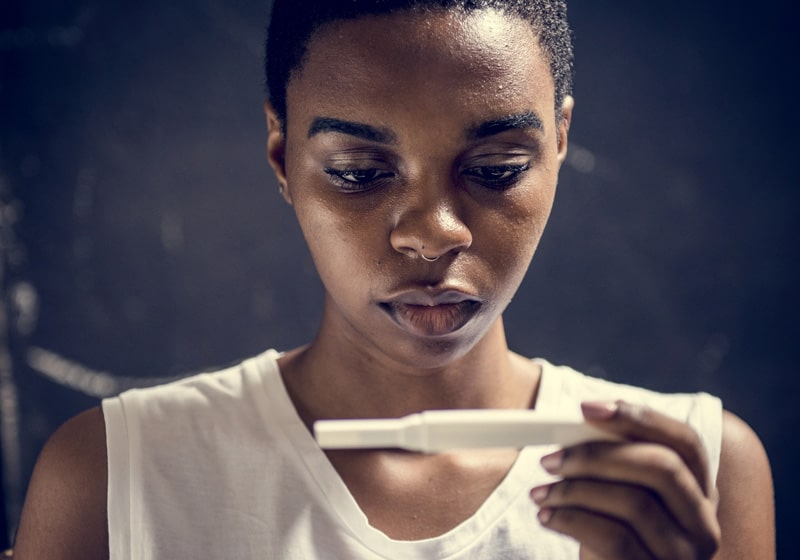According to recent discoveries, researchers found out that how you live, what you eat, and how much you sleep directly affect your health. These lifestyle factors, including substance use, medication, exercise, diet, mental health, and social risks, are also to blame for the rise in the number of couples struggling with infertility in recent years. At Footsteps to Fertility Centre, Nairobi, we address these factors through personalized & modern treatment methods to help achieve your dream of becoming a parent.
We have broken down these 6 major lifestyle factors that may affect your fertility below;
1. Substance Use
Smoking, heavy alcohol consumption, and the use of recreational drugs such as tobacco and marijuana negatively impact reproductive health in both men and women. Women who smoke are at a higher risk of delay in getting pregnant, while in men, substance use causes impotence, reduced sex drive, and sperm quality.
2. Medication
Medications including supplements, prescription medicines, and over-the-counter medicines used to treat lifestyle diseases such as diabetes and high blood pressure can cause subfertility. These medicines alter ovulation and the uterine reception to pregnancy in women and lower sperm count in men. Thus, if you cannot conceive but are on medication, please disclose your medicines with our fertility specialist during your appointment. We will recommend substitutes where applicable to ensure safe conception and pregnancy.
3. Exercise
If done in moderation, exercise helps with getting pregnant by controlling your BMI. A BMI below 18.5 implies you are underweight and your hormones out of balance. This, in turn, affects estrogen production and hence ovulation. With an irregular menstrual cycle, it is challenging to track your fertile days for timed intercourse. On the other hand, a BMI above 25 means you are overweight. Your body will release high estrogen levels, disrupting your menstrual cycle, making it difficult to get pregnant. While exercise is good, you should avoid intense workouts as it affects ovulation and progesterone production and hence pregnancy.
4. Diet
A healthy diet helps in maintaining a healthy weight for pregnancy. Healthy foods also increase fertility by boosting sperm and egg health, preventing erection problems, and balancing reproductive hormones. A healthy diet rich in iodine and folate prevents the risk of congenital disabilities in unborn children.
5. Mental Health
The stress and anxiety associated with infertility are unavoidable, which is why you should prioritize your mental health as well. Extreme stress will affect your ability to get pregnant, needing a strong support system for discussing your conception struggles and distress.
6. Social Risks
The 24-hour global economy subjects individuals to long sitting hours, night shifts, and few hours of sleep. These social risks interfere with a fertile woman’s cycle and ability to conceive and reduce the sperm count in men, especially drivers who spend most of their time sitting on vibrations. Delayed marriage in career-oriented modern women also explains the higher risk of non-conception caused by age.
Despite the above effects of lifestyle on fertility, there is hope as most of these factors are temporary. At Footsteps to fertility Nairobi, Kenya, we offer expert advice and treatment to reverse the above effects and ensure you become a fertile man or woman capable of siring, conceiving, and carrying your pregnancy to term.


